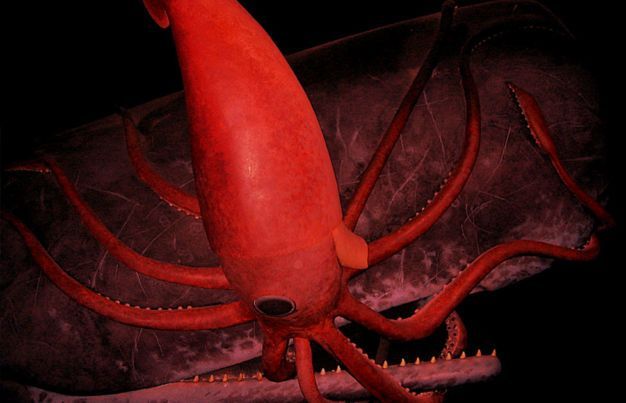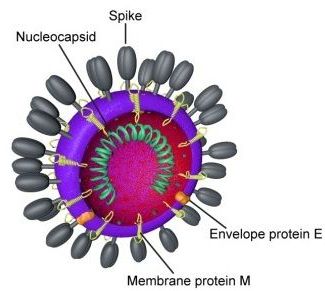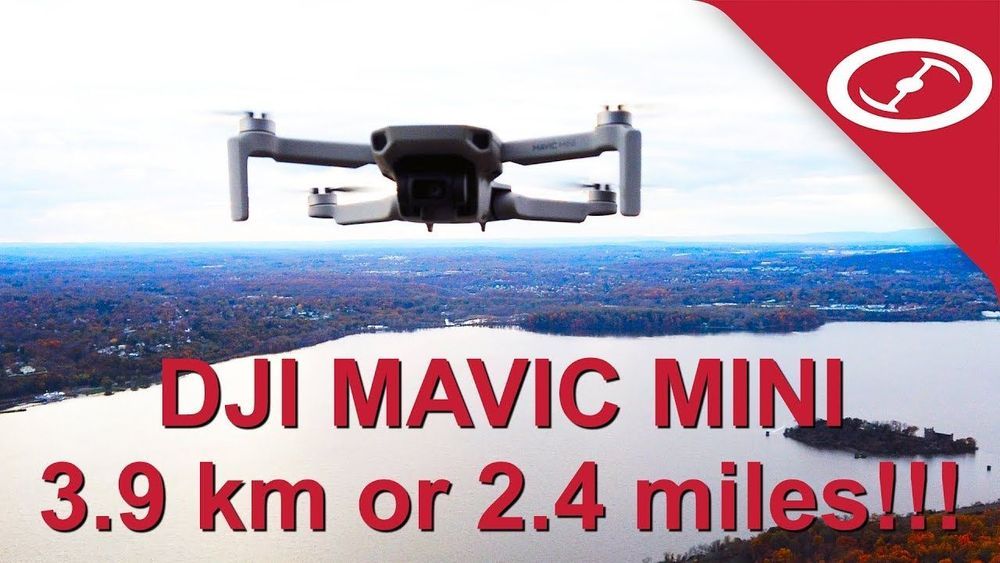Feb 9, 2020
Antidepressant Microbes In Soil: How Soil Makes Your Brain Happy
Posted by Prem Vijaywargi in categories: biological, food, neuroscience, sustainability
Antidepressant-soil.
Soil microbes have been found to have similar effects on the brain as prozac, without the negative side effects and potential for chemical dependency and withdrawal.
It turns out getting in the garden and getting dirty is a natural antidepressant due to unique microbes in healthy organic soil. Working and playing in soil can actually make you happier and healthier.
Continue reading “Antidepressant Microbes In Soil: How Soil Makes Your Brain Happy” »


















